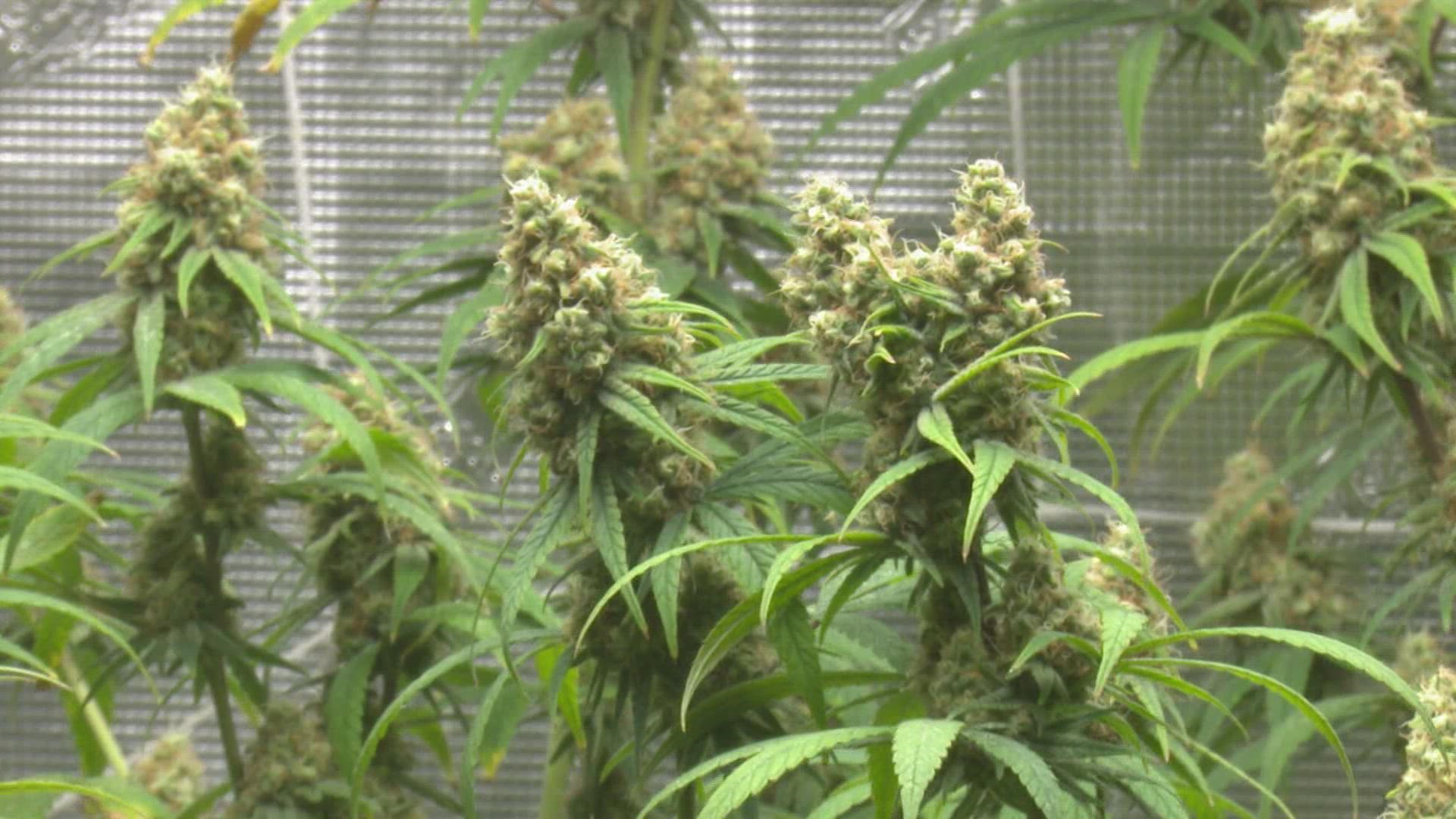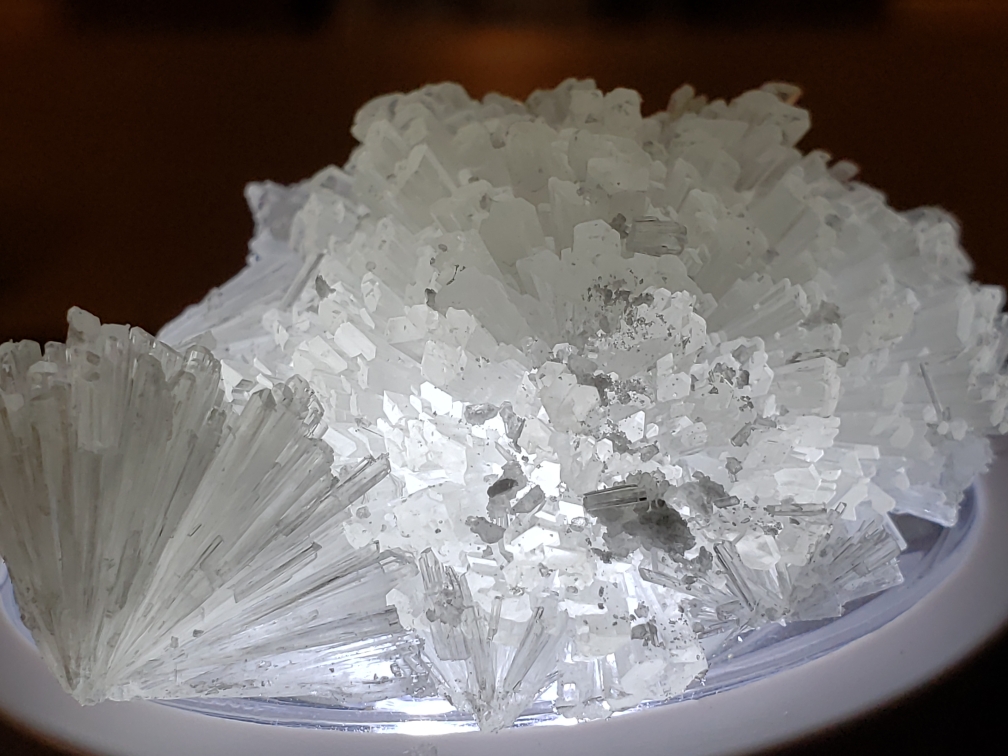
Cannabinoids have many health benefits that are unknown to the general public. There have been some claims about cannabinoids' beneficial effects on humans. These include reducing inflammation, lowering blood pressure, easing pain, and improving sleep. Although there is limited clinical research, some of these compounds may be beneficial in different situations. Learn more about cannabinoids' benefits for your body.
Reduces inflammation
Cannabinoids are known to reduce inflammation by inducing the death of cells, which is called apoptosis. THC is known to induce cell death in different types of cells. Apoptosis aids in clearing the body from damaged cells. It also prevents it becoming cluttered. THC activates CB2 receptors, which causes cell death. Blocking CB2 receptors will prevent apoptosis.

Low blood pressure
Cannabinoids are naturally occurring chemicals produced by the body that regulate several physiological functions. One of these chemicals, THC, relaxes blood vessels and lowers blood pressure. While studies have confirmed this effect, scientific evidence is not yet available. They do offer hope for those with high blood pressure. Here are some facts about CBD, hypertension and other topics. The many health benefits of using cannabis for medical purposes are numerous, despite its controversial status.
You will feel fuller.
Recent research has shown that cannabinoids in cannabis can alter the way our minds perceive food. This could be a breakthrough in the treatment of severe appetite loss. There are many chronic conditions that can lead to severe appetite loss. This targeted treatment could also be beneficial for chronic illness patients, as it may improve quality of their lives and accelerate recovery. Scientists believe that the effects of cannabis may be applicable to other conditions as well.
Reduces pain
Cannabinoids may also be used to relieve acute pain. Cannabinoids may be used topically to relieve pain. These products can be used for pain relief from many sources, including cancer chemotherapy. Many topical cannabis products have been approved by FDA to treat various ailments, including arthritis.

Stimulates appetite
Cannabinoids, which are the active ingredients of cannabis, act as neurotransmitter molecule. These cannabinoids work with the POMC cells to control appetite stimulation. These neurons regulate appetite stimulation and send a chemical signal to brain when we feel full. When cannabinoids reach the brain, they activate these receptors and cause a switch in our appetite from being satisfied to being hungry.
FAQ
Where can I get CBD products?
CBD can also be purchased at your local store or online. Online retailers often offer better deals. Many websites sell CBD products made with industrial hemp. The THC content is less than 0.3%.
If you prefer shopping locally, consider brick-and mortar businesses that are focused on CBD products.
A lot of states have passed laws that allow consumers to purchase CBD products without the need for a prescription. You may be able buy CBD products from your local pharmacy if you are a resident of one of these states.
CBD products can be delivered directly to your front door.
How can CBD products successfully be marketed by companies in compliance with regulations?
The FDA doesn't regulate hemp as an agricultural commodity. The Controlled Substances Act governs all other cannabis derivatives, such as marijuana. There are currently no regulations regarding CBD.
CBD is legal at the state level in 29 states, but federal law still considers it illegal. This uncertainty is a problem for CBD-product sellers.
The FDA has specific guidelines on how CBD products must be marketed. The FDA requires that all CBD products clearly disclose their THC content. Companies cannot claim that CBD helps treat certain medical conditions without scientific evidence to support this assertion.
The FDA also requires manufacturers to provide detailed information about their manufacturing processes and quality control measures. To demonstrate safety and efficacy, the FDA requires companies to perform clinical trials.
These factors should be considered by companies when they develop their marketing strategies.
How does the price of CBD vary across different states?
Prices for CBD products depend on where you are located. You can even find prices that are more than 10 times higher in some places!
In general, prices increase the further north you go. CBD is expensive in Alaska on average at $35 per gram. It costs in Hawaii around $200 pergram.
This trend continues across the country. Prices for grams range from $5 to $2,500.
This is why?
Prices vary because of different levels of regulation. Some states require CBD products to contain minimal THC (the psychoactive element of marijuana). Others do not care about the level of THC.
Because of this, some companies choose to sell their products in one state and then ship them to another state.
Which states have the highest CBD intake?
California, Colorado and Oregon are the top three states. These states have large populations, high incomes, and low unemployment rates. They also have higher levels of hemp farming than other states.
California leads the way because its economy is heavily based on agriculture. It is home to a large amount of fruits and vegetables. This is because cannabis is from the same source as hemp.
Oregon and Colorado are closely followed by Oregon, both of which produce marijuana for medical use. However, unlike California, these two states do not allow the recreational use of marijuana.
Other states that are highly ranked include Washington, New York. Florida. Illinois. Pennsylvania. Mississippi.
Can I use CBD during pregnancy?
There hasn't been enough research to determine if CBD can be used during pregnancy.
Based on the limited information, however, it seems unlikely that CBD would cause harm for the baby.
Pregnant women shouldn't take CBD unless they are advised by their doctor.
In fact, the Food and Drug Administration recently issued a warning about potential risks associated with taking CBD while pregnant.
FDA states that there are some indications that cannabis use during pregnancy could increase the chance of miscarriage.
According to the agency, more research is necessary before a firm conclusion can been drawn.
Is CBD investing a smart investment?
The answer to this question depends on what you are looking for. They can be a great investment if it is money you are after. If however, you only want to invest in something that may help others, then no.
What are the prospects for the CBD industry in the future?
The future is bright for the CBD industry. It is clear why so many people are getting on board with this industry. With CBD products accounting for over $1Billion in global consumer spending, it is easy to see how the market is growing exponentially.
In fact, according to Statista, global sales for cannabidiol (CBD) were expected to reach $22.4 billion in 2019. This is almost 200% more than 2018!
A compound annual growth rate (CAGR) of 22.5% is predicted for the CBD market, which will translate into nearly $6.8 Billion in revenue by 2022.
This is great news, both for new companies and those that are already active in the industry. However, we must be aware that the CBD market is still very much in its infancy and will face some challenges along the way.
Statistics
- As a substance that was federally illegal before the passage of the 2018 Farm Bill, hemp-derived cannabinoids with no more than 0.3% THC still face a regulatory grey area. (forbes.com)
- The inhibition of FAAH is predicted to lead to an increase in brain and plasma concentrations of AEA, which acts as a partial agonist at CB1R and CB2R, thereby increasing endocannabinoid tone [92, 110]. (ncbi.nlm.nih.gov)
- OralWhere HED is the human equivalent dose, and Km is a correction factor estimated by dividing the average body mass (BM) of the species (60, 0.020, and 0.150 kg for 11 humans, mice, and rats, respectively) and by its surface area (see: Nair et al. (ncbi.nlm.nih.gov)
- CBD seems unlikely to directly influence sleep in healthy humans [115] (and maybe “sleep-promoting” in those with certain comorbid conditions) (ncbi.nlm.nih.gov)
- While the primary injury may not be treatable, interventions that attenuate secondary sequelae are likely to be of benefit [203].Only one study (ncbi.nlm.nih.gov)
External Links
How To
What are the main issues with the CBD industry.
The current market for CBD products is growing at an incredible rate. Businesses looking to get into this market face many obstacles. These include a lack consumer awareness, high-cost entry, limited access capital and regulatory uncertainty.
Many people are not aware of what CBD is, or how it functions. This means that consumers are unable make informed decisions about purchasing CBD products.
CBD companies are heavily dependent on word-of–mouth marketing. This can be costly as it involves advertising and staffing to promote the brand.
Another issue facing new entrants into the CBD industry is the high cost of production. The raw materials needed to create CBD products are quite expensive. To make CBD oil, hemp must be grown in certain climates and soil types.
Growing enough hemp to make CBD oil takes around $1,000 per acre. As a result, many small farmers cannot afford to start.
Another challenge new entrants face in the CBD market is the lack of access to capital. Many people who want to start a business are discouraged by banks due to the stigma associated with the industry.
The sale of CBD products is still subject to regulatory uncertainty. There are no established guidelines regarding the marketing of CBD products.
While some states have passed legislation restricting CBD products' sale, it has not been adopted as a national policy.
Only Nevada and Maine have already legalized recreational cannabis.
Massachusetts and Michigan, however, are exploring similar options.
These changes could cause increased competition among CBD manufacturers.
These factors lead to many entrepreneurs choosing to work from their home instead of starting a physical company.